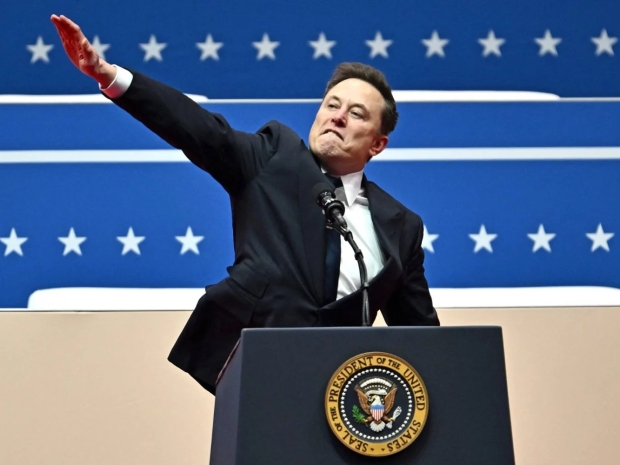According to Semi Accurate, representatives of the three met at the Mar-a-Lago estate owned by Donald Trump.
At the same time, Citibank analyst Christopher Daly said that selling Chipzilla to Musk would negatively affect the company.
“We view this as a poor outcome for Intel unless it was able to hire a CEO who would exit the merchant foundry business,” analyst Danely wrote.
However, he seems to be in the minority. Wall Street's cocaine nose jobs have already reacted positively to the development, with Intel's shares rising by nearly 10 per cent.
Since Intel started going down the gurgler, there have been several approaches from different companies that want to buy Intel’s bits. In September 2024, Qualcomm approached Intel with a proposal to buy out the company’s business.
Intel had a rough 2024, with its stock falling by 54 per cent over the past year and 69 per cent since April 2021. The company faces struggles in both its data centre business and its attempts to compete in the foundry business.
The rise of AI has led companies to prefer GPUs from NVIDIA over Intel’s CPUs. Intel also struggles to compete with Samsung and Taiwan Semiconductor in manufacturing chips for other companies, failing to stay on the cutting edge of technology and attracting new customers.
One major debate in the semiconductor industry is whether Intel should split up its ‘Integrated Device Manufacturer’ model, which designs its chips and offers manufacturing services to other companies.
Taiwan Semiconductor has achieved a dominant market share by only manufacturing chips, reducing the risk for companies like AMD, who might otherwise be hesitant to use Intel’s services. The geopolitical concerns about Taiwan’s position also highlight the importance of Intel’s foundry business to the United States.
Building advanced foundries is an expensive endeavour. Taiwan Semiconductor plans to spend $40 billion this year, while Intel spent $26 billion in 2023 and $25 billion in 2022.
However, Chipzilla has only $24 billion in cash compared to $50 billion in debt, and its operating cash flow has significantly decreased from $36 billion in 2020 to $9.7 billion over the past year. Intel can’t afford to keep investing in its foundry business.
Musk’s new AI company, xAI, aims to build a data centre with one million networked GPUs, making him a key figure in addressing the risks of not having a domestic capacity for advanced chip manufacturing. Potential solutions could involve Qualcomm buying parts of Intel’s business and Musk providing capital to the foundry business.
Although these are just speculations, such a deal could help Intel navigate its current challenges.




